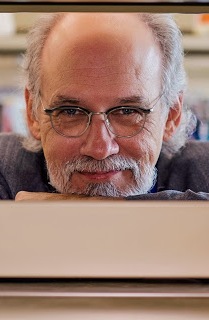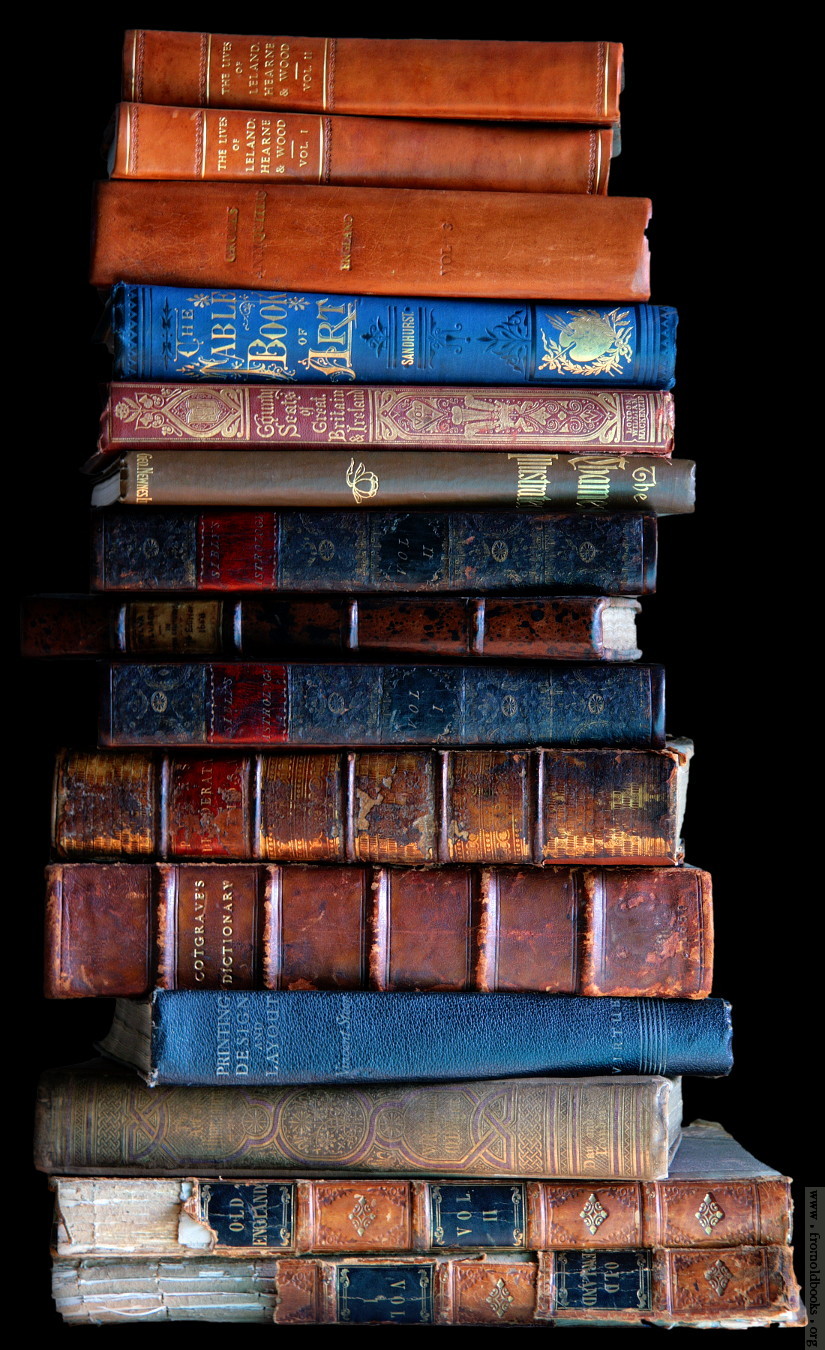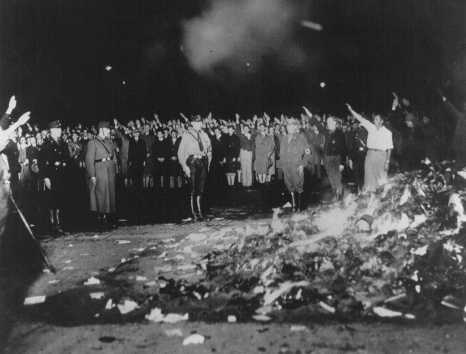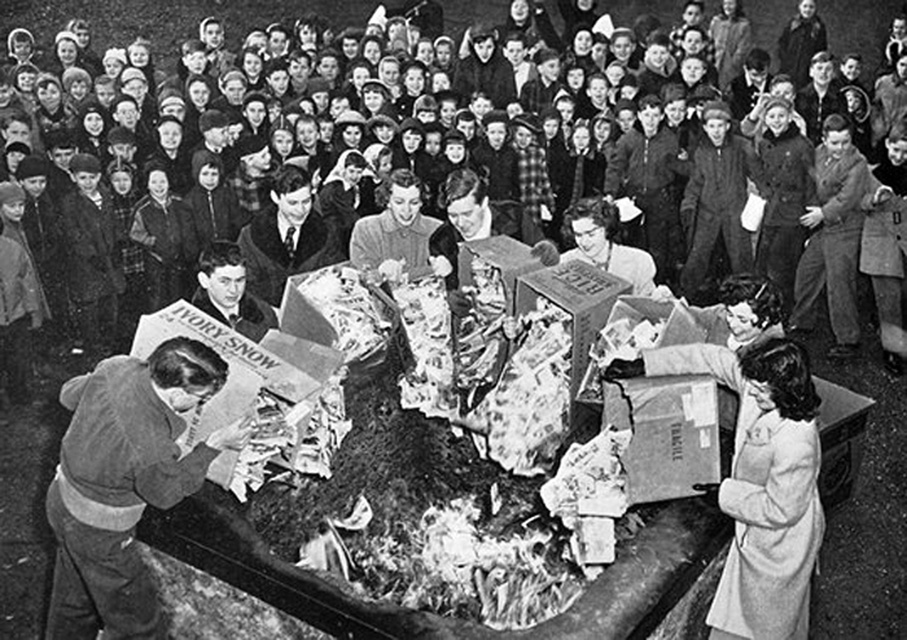
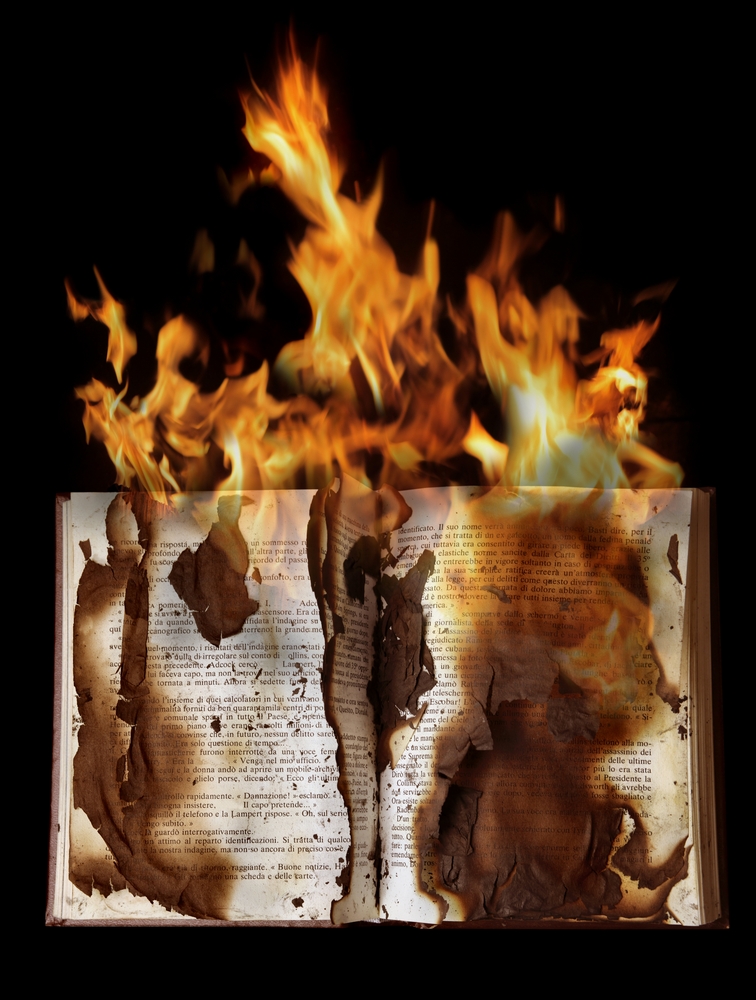 |
|
JAMES LARUE
Office
for Intellectual Freedom
American Library Association A HOT TIME
TONIGHT
BOOK-BURNING
in the
PUBLIC LIBRARY
Reflections on Libraries, Censorship,
and the Public Good Tuesday, February 21, 2017 5:30 - 8:30 pm The Lounge at Iwan Ries 19 South Wabash Ave |
|
Cocktails at 5:30, with the presentation at 6:00 for about thirty minutes, followed by Q&A and general cocktail conversation. Reservations are required. |
||
|
James LaRue is director of the
American Library Association's Office for
Intellectual Freedom, and the Freedom to Read
Foundation. He is the author of The
New Inquisition: Understanding and Managing
Intellectual Freedom Challenges.
LaRue was a public library director for many
years, including a 24-year tenure as director of
the Douglas County Libraries in Colorado, and was
a weekly newspaper columnist and cable TV host. He
has written, spoken, and consulted widely on
leadership, organizational development, community
engagement, and the future of libraries. The American Library Association's Office
for Intellectual Freedom was established December
1, 1967 in order to implement the ALA's policies
concerning the concept of intellectual freedom as
embodied in the Library
Bill of Rights, the Associationís basic
policy on free access to libraries and library
materials. The goal of the office is to
educate librarians and the general public about
the nature and importance of intellectual freedom
in libraries and to support librarians, teachers,
and administrators undergoing a material or
service challenge. Jamie LaRue writes, "Free speech was a
foundational principle of our nation. Later, in a
time eerily like our own, it became the core value
of librarianship. Next Tuesday I'll discuss trends
in censorship, and what that suggests about the
course of the country." Some background: Toronto
'guerrilla' archivists to help preserve US
climate data (12/15/2016) Scientists Copying Climate Change Data; Wayback Machine Moving to Canada (12/19/2016) Trump
Administration Restricts News from Federal
Scientists at USDA, EPA (1/24/2017) And from 1984:
"In the novel, the memory hole is a slot
into which government officials deposit
politically inconvenient documents and records to
be destroyed. Nineteen Eighty-Four's
protagonist Winston Smith, who works in the
Ministry of Truth, is routinely assigned the task
of revising old newspaper articles in order to
serve the propaganda interests of the government."
See Memory
Hole in Wikipedia. Also see Book
Burning and Censorship
in the United States. |
|
About the Cigar Society of Chicago
ONE OF THE
OLDEST AND greatest traditions of the city clubs of
Chicago is the discussion of intellectual, social,
legal, artistic, historical, scientific, musical,
theatrical, and philosophical issues in the company of
educated, bright, and appropriately provocative
individuals, all under the beneficent influence of
substantial amounts of tobacco and spirits. The
Cigar Society of Chicago embraces
this tradition and extends it with its Informal
Smokers, University Series lectures,
and Cigar Society Dinners, in which cigars,
and from time to time pipes and cigarettes, appear as
an important component of our version of the classical
symposium. To be included in the Cigar Society's
mailing list, write to the secretary at
curtis.tuckey@logicophilosophicus.org.
